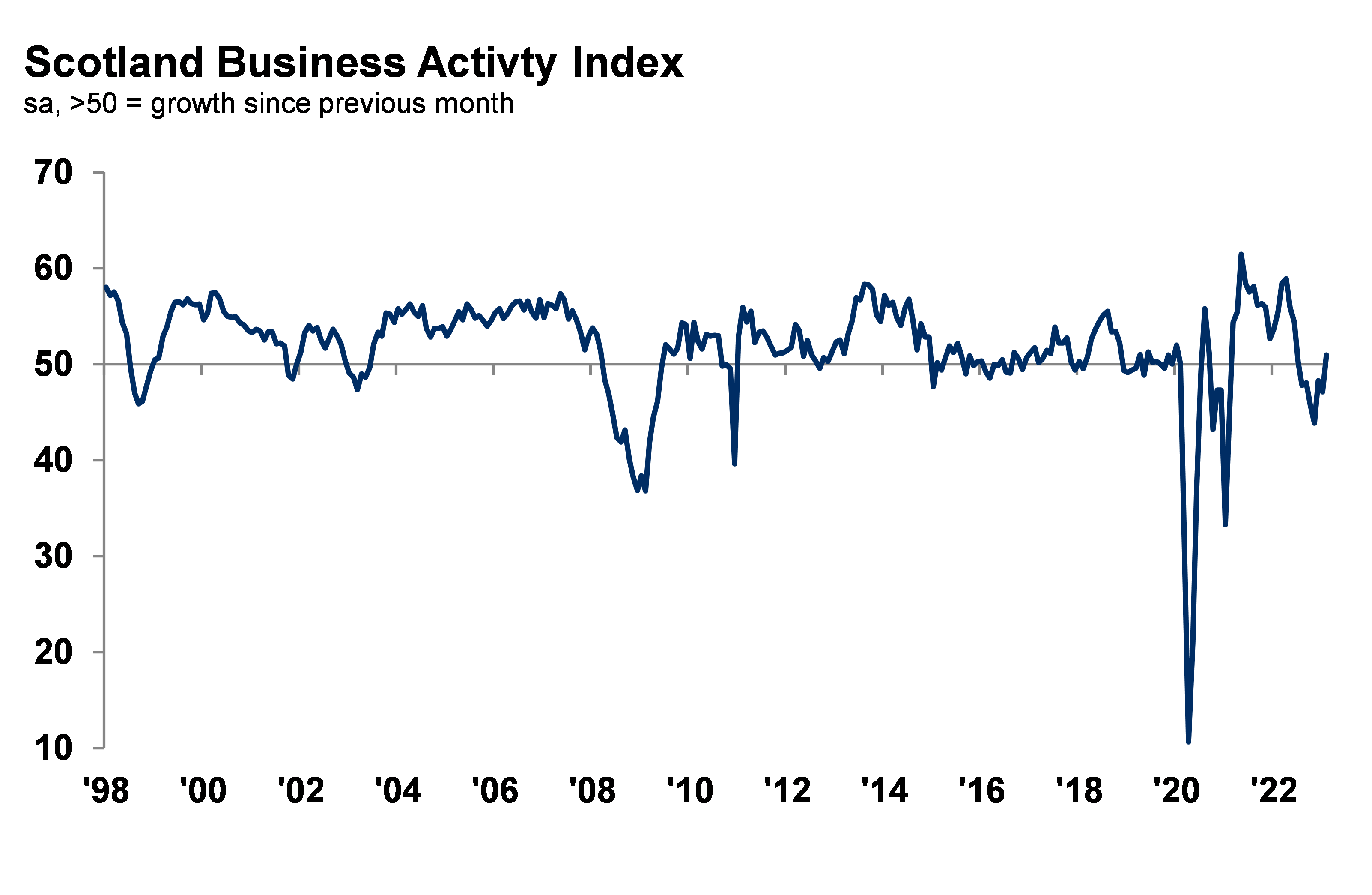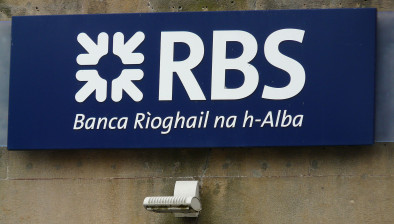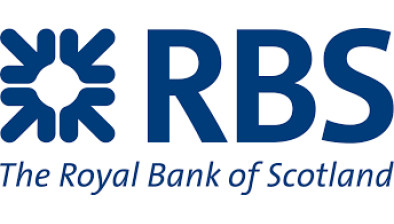Optimism rises with increased private sector activity in February

Judith Cruickshank
The Scottish private sector registered the first rise in private sector activity for seven months February according to the latest Royal Bank of Scotland PMI data.
The Business Activity Index - a measure of combined manufacturing and service sector output – moved back within in the expansion territory, printing 51.0, up from 47.1 in January, as growth resumed across both the manufacturing and service sectors, with the former leading the expansion.
Panel members reported an improvement in demand conditions and growth in new clients helped boost activity. New orders also rose, following seven consecutive months of decline.
The upturn in new orders helped with the first rise in workforce numbers in three months. Furthermore, despite remaining stubbornly high, cost pressures continued to diminish. All in all, the positive performance of the Scottish private sector fed into higher levels of confidence.
Inflows of new business rose across Scotland in February, ending a seven-month period of decline. Upturns were similar across the two sub-sectors. Panel members noted growth in sales and new projects and clients helped revive growth.
New orders also rose at the UK level. However, the pace of increase was stronger than that observed for Scotland.
Sentiment was firmly positive and improved further from December’s recent low across Scotland in February. Expectations were largely pinned on new product launches, increased marketing and projected growth in customers and sales.
That said, optimism across Scotland remained muted when compared to the UK as a whole.
Employment rose across Scotland, following back-to-back months of decline. The respective seasonally adjusted index ticked up to a five-month high, signalling a rate of job creation that was firmer than the long-run average. According to anecdotal evidence, employment increased to meet order intakes and replace leavers.
The pace of job creation across Scotland was faster than the UK-wide average, which also recorded a rise in employment for the first time in three months.
Private sector companies across Scotland continued to reduce their backlogs during February, stretching the current sequence of reduction to nine months. Improved efficiency and previous months of fewer orders allowed firms to complete unfinished orders. That said, the pace of depletion was the weakest in the aforementioned sequence, reflecting only a fractional decline at service providers.

Source: Royal Bank of Scotland, S&P Global
In contrast, backlogs of work rose across the UK as a whole for the first time in four months.
A rapid rise in input costs was registered across Scotland in February. Respondents blamed the latest increase in private sector expenses on energy prices, higher costs from suppliers and inflation generally. While historically elevated, the rate of input price inflation was the softest in 21 months and weaker than the UK-wide average.
Scotland registered one of the slowest increases in input prices among the 12 UK regions, ahead of the North West and East of England.
Charges levied for the provision of Scottish goods and services rose sharply in February. Inflation, Brexit and higher costs from suppliers continued to push charges up, according to anecdotal evidence. However, the pace of increase slowed notably to the weakest since April 2021.
Of the 12 monitored regions, Scotland reported the weakest incline in output charges.
Judith Cruickshank, Scotland board chair at RBS, said: “Private sector output registered growth mid-way through the first quarter of 2023. The headline index signalled a mild expansion in output and marked the first month of increase since July 2022.
“Firms reported that a revival in customer demand and growth in new clients helped boost sales and activity. Growth in business requirements resulted in higher intakes of staff across both goods producers and service providers, while backlogs fell for the ninth month running.
“Furthermore, with inflationary pressures continuing to cool off, the Scottish private sector reported a modest performance overall, a change from the contractions seen since last August. Additionally, with confidence strengthening to an 11-month high, we hope that the upturn across Scotland will continue in the coming months.”







